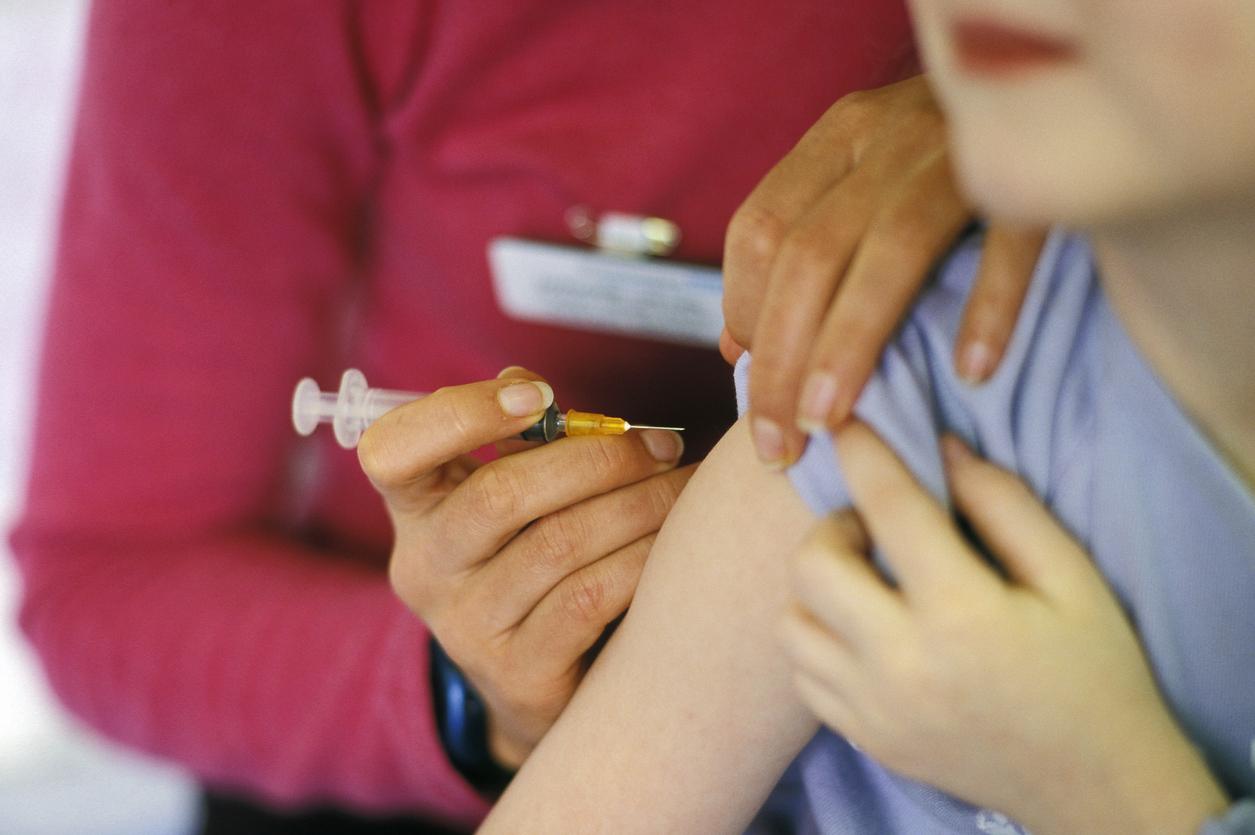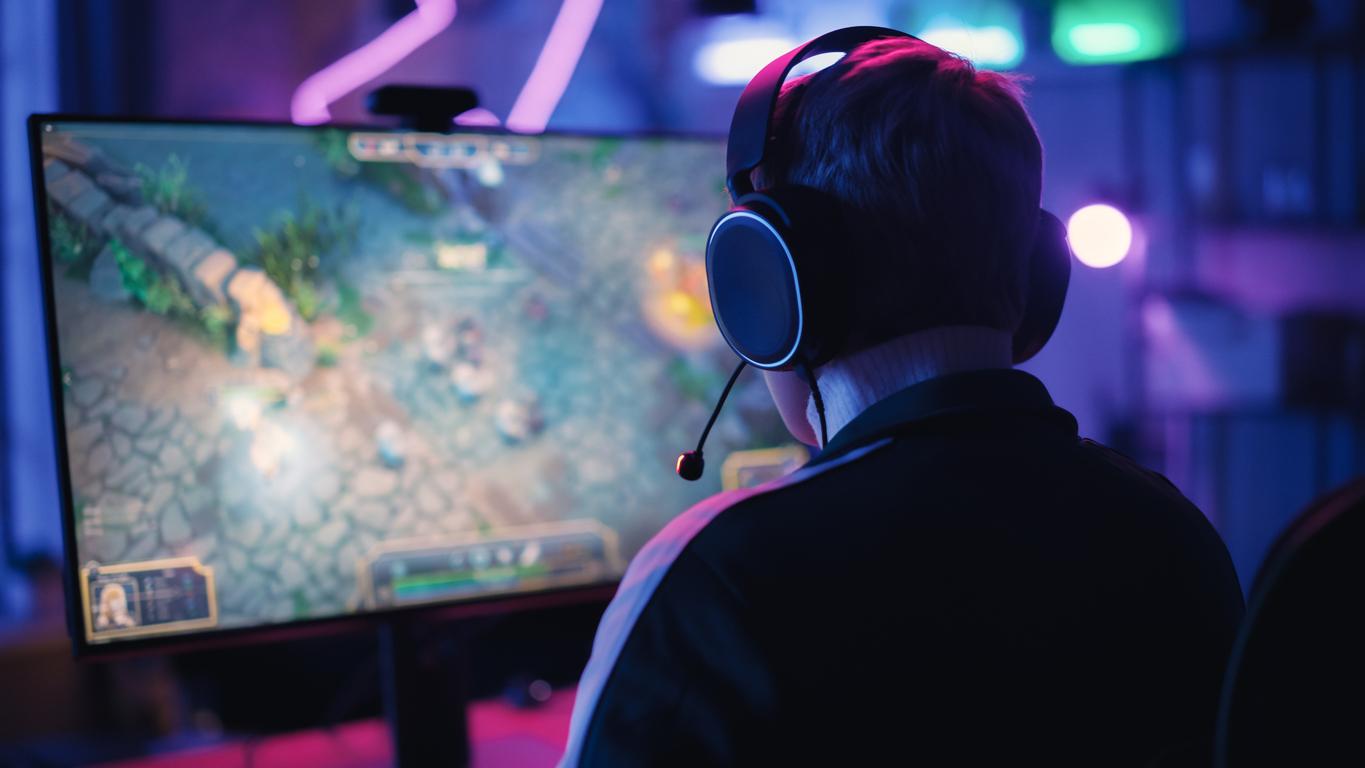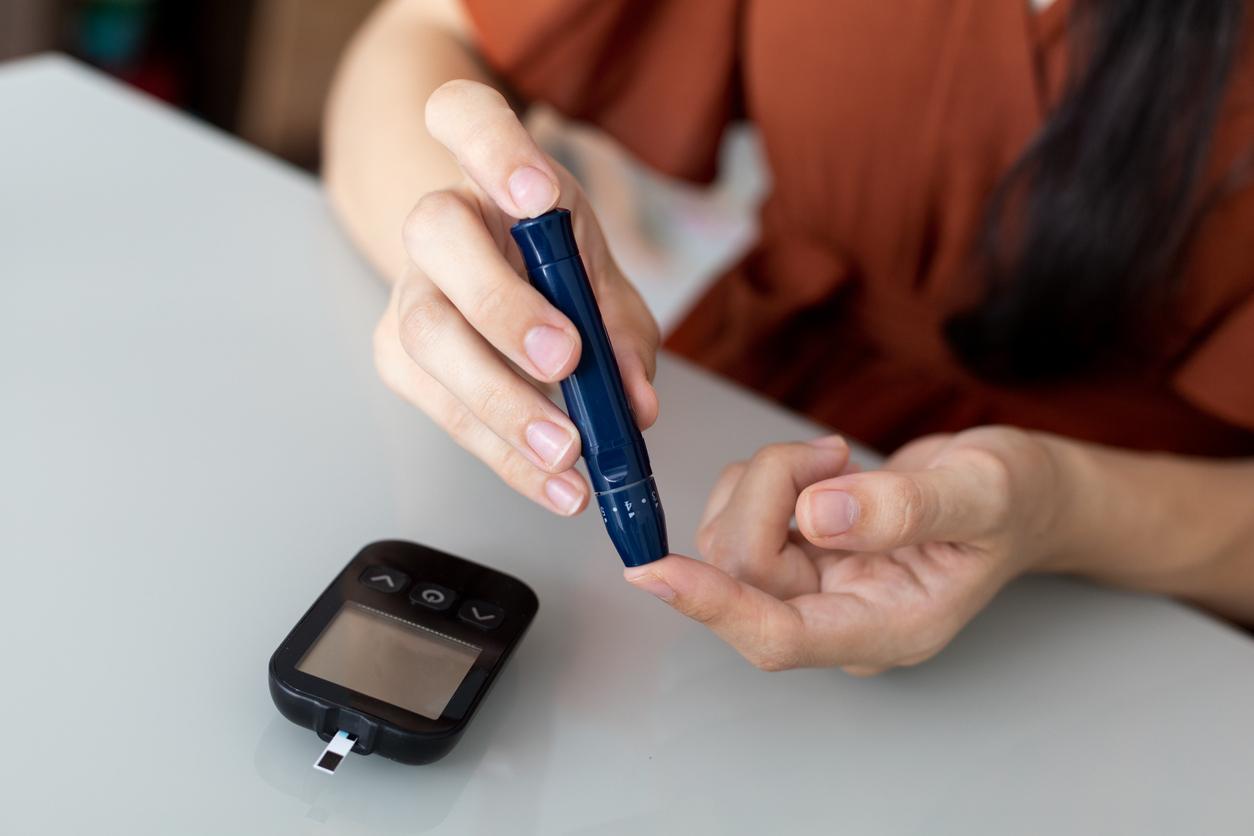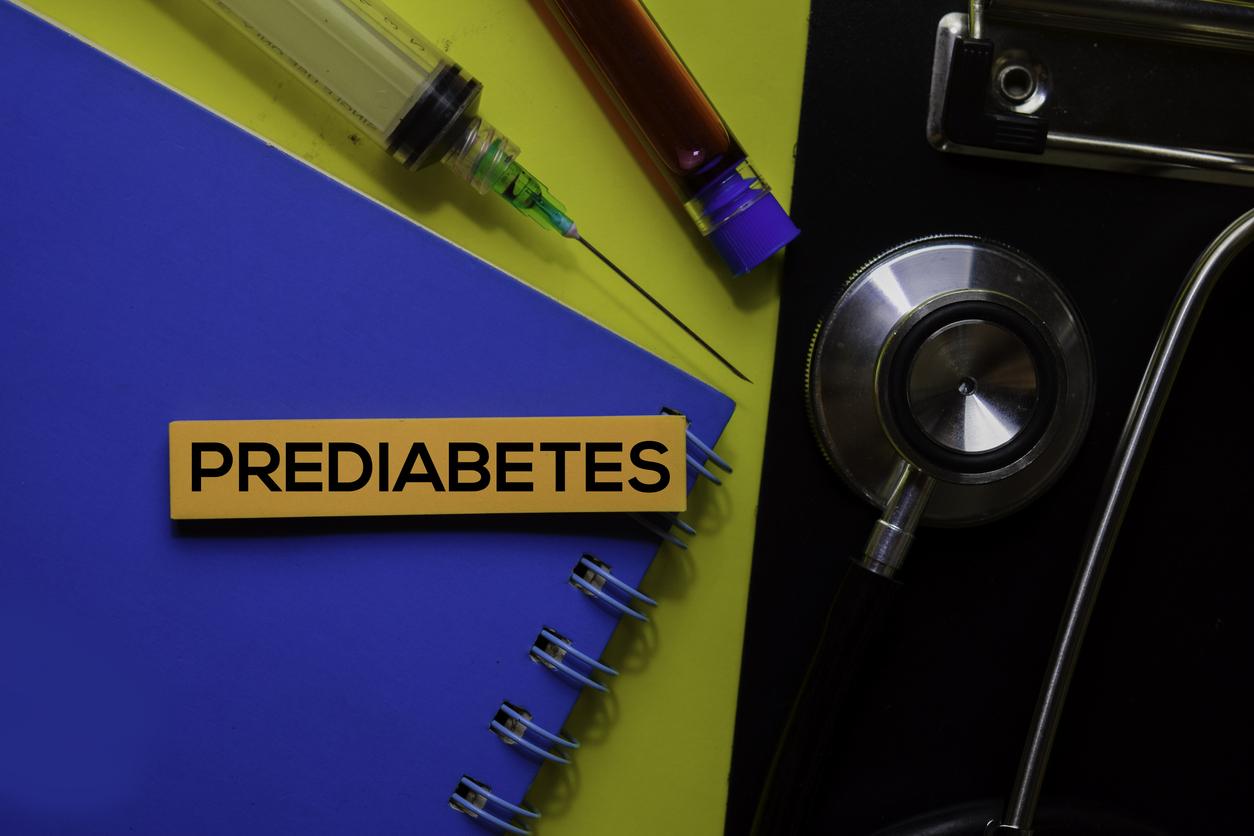British scientists have observed that reinforcement learning algorithms could help patients with type 1 diabetes maintain healthy blood sugar levels.
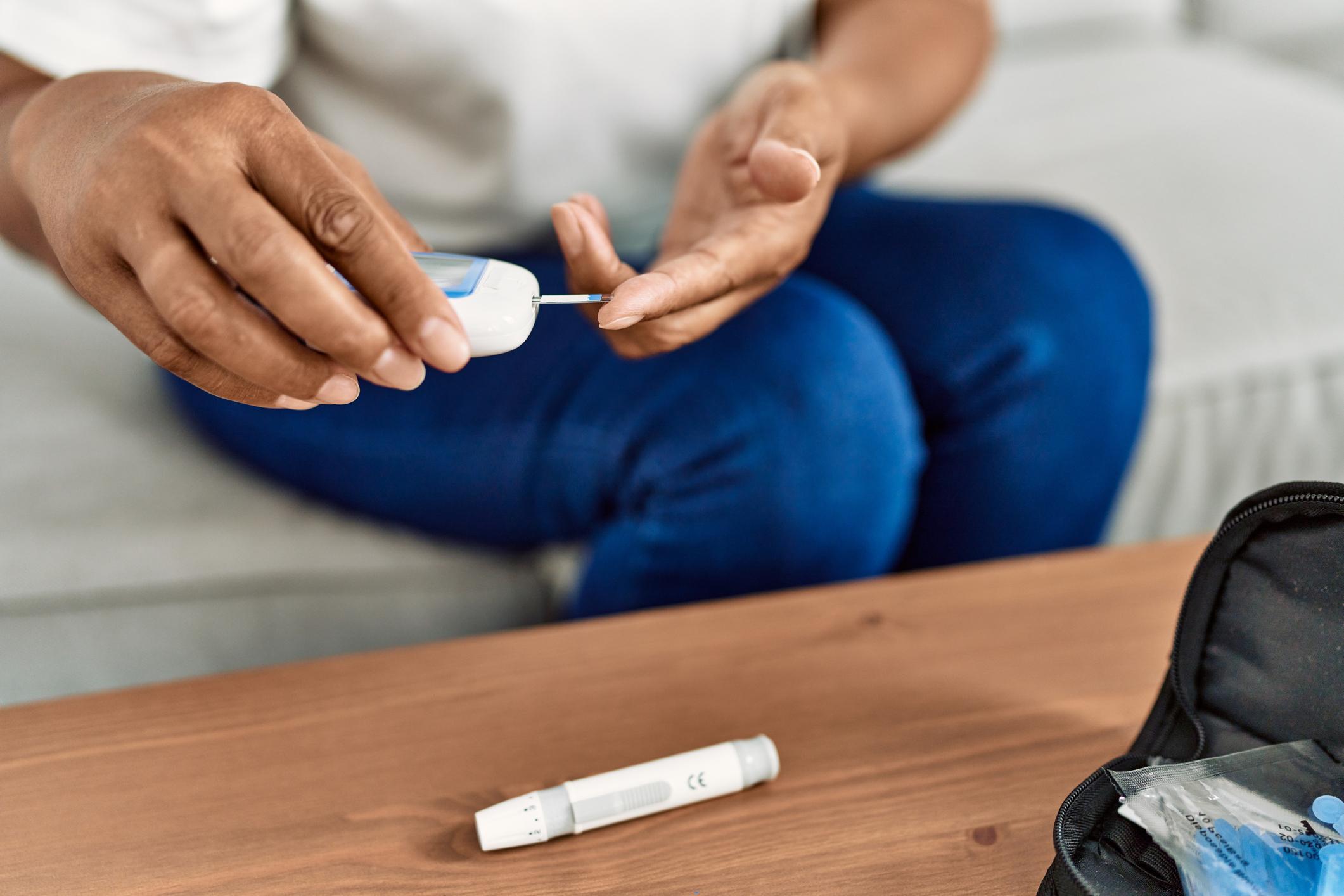
- Type 1 diabetes is caused by insufficient or non-existent production of insulin.
- A British study observed that reinforcement learning could improve blood sugar control in patients with type 1 diabetes.
- For now, this blood sugar monitoring tool has only been tested on virtual patients.
Type 1 diabetes is characterized by insufficient or non-existent production of insulin, which causes a prolonged elevation of the concentration of glucose in the blood. In the case of type 1 diabetes, it is recommended to carry out at least four tests per day, in order to control your blood sugar. The glycemic objectives are fixed between 70 and 120 mg/dl before the meal and < 160 mg/dl in post-prandialù.
The technique of self-driving cars would be an effective way to control blood sugar
Scientists from the University of Bristol (UK) recently suggested that reinforcement learning, a type of machine learning in which a computer program learns to make decisions by trying different actions, is more effective and safe than conventional blood glucose monitors.
“My research aims to determine if reinforcement learning can be used to develop safer and more efficient insulin dosing strategies. These machine learning-based algorithms have demonstrated superhuman performance in the game of chess and piloting self-driving cars, and therefore could learn to perform highly personalized insulin dosages from sampled blood glucose data.This work specifically focuses on offline reinforcement learning, in which the algorithm learns to act observing examples of good and poor blood sugar control”explained Harry Emerson, senior author of the research practicing in the department of mathematical engineering at the University of Bristol.

Diabetes: promising first results in children
In the study published in THE Journal of Biomedical Informaticsthe researchers used a simulator that develops a series of virtual patients, in order to test type 1 diabetes control algorithms. Due to the high risk associated with incorrect insulin dosing, the experiments were therefore not carried out on people physical.
State-of-the-art offline reinforcement learning algorithms were compared to one of the most widely used artificial pancreas control algorithms. This comparison was performed on a cohort of 30 virtual patients, which included adults, adolescents and children. The simulator has also been extended to take into account measurement errors, incorrect patient information and the limited amounts of data available.
According to the results, a significant improvement was observed in children with type 1 diabetes, who spent an hour and a half more per day in the target blood glucose range. “This study demonstrates the potential of machine learning to learn effective insulin dosing strategies from pre-collected type 1 diabetes data. more prevalent and demonstrates the ability to leverage a person’s habits and schedule to respond more quickly to dangerous events”, noted Harry Emerson. However, further research will be needed to confirm these initial results.



